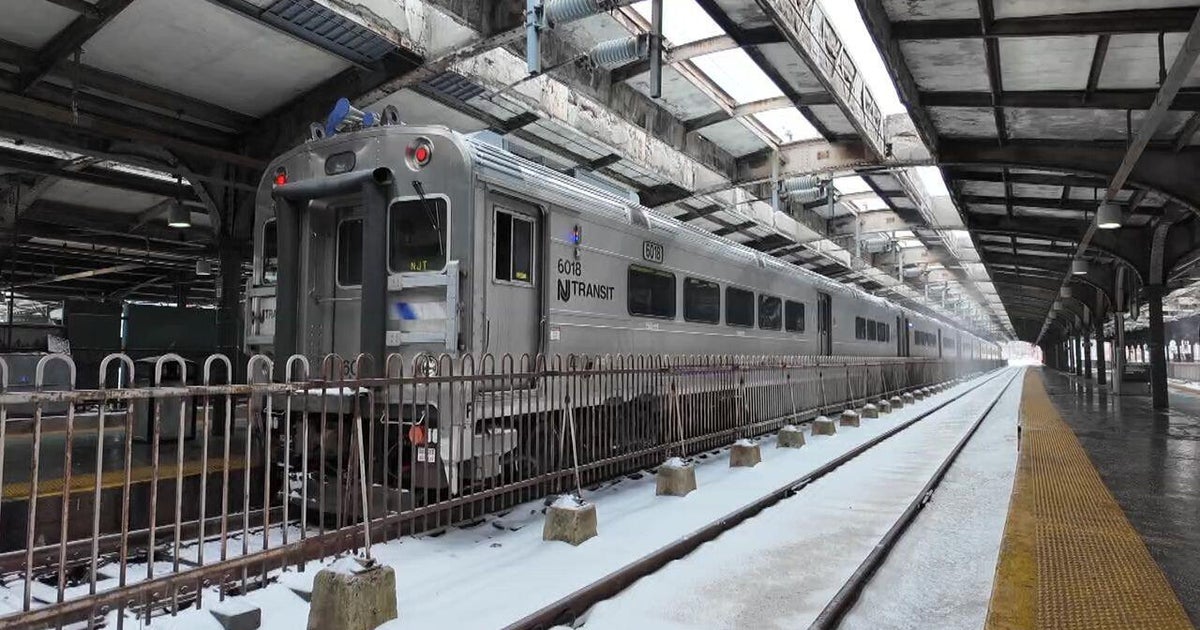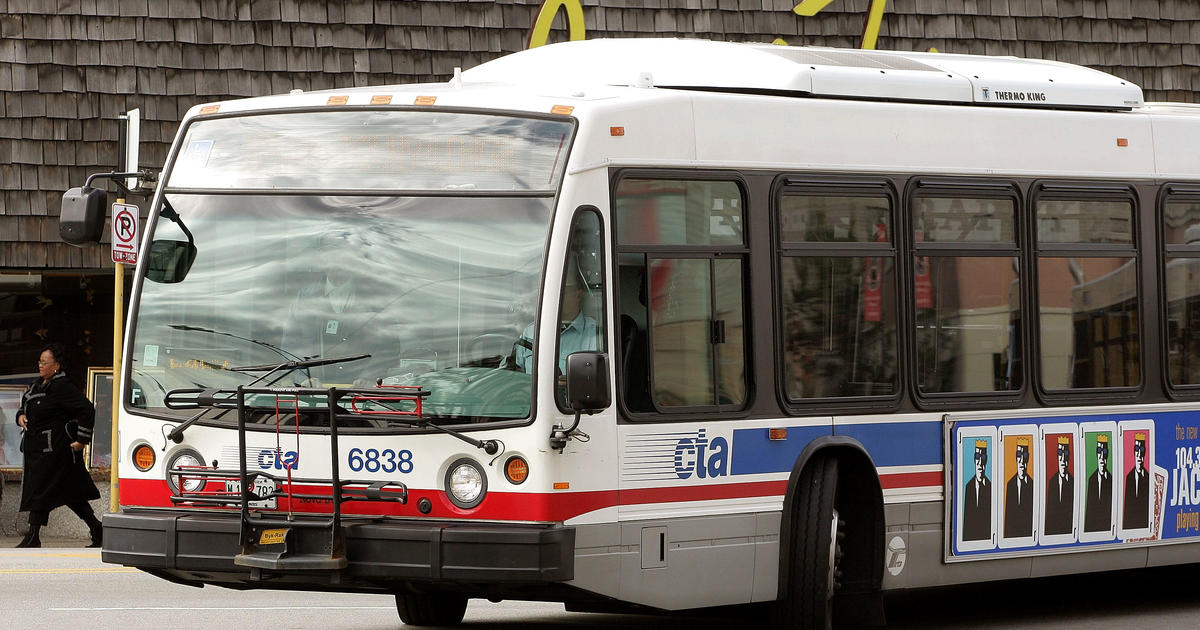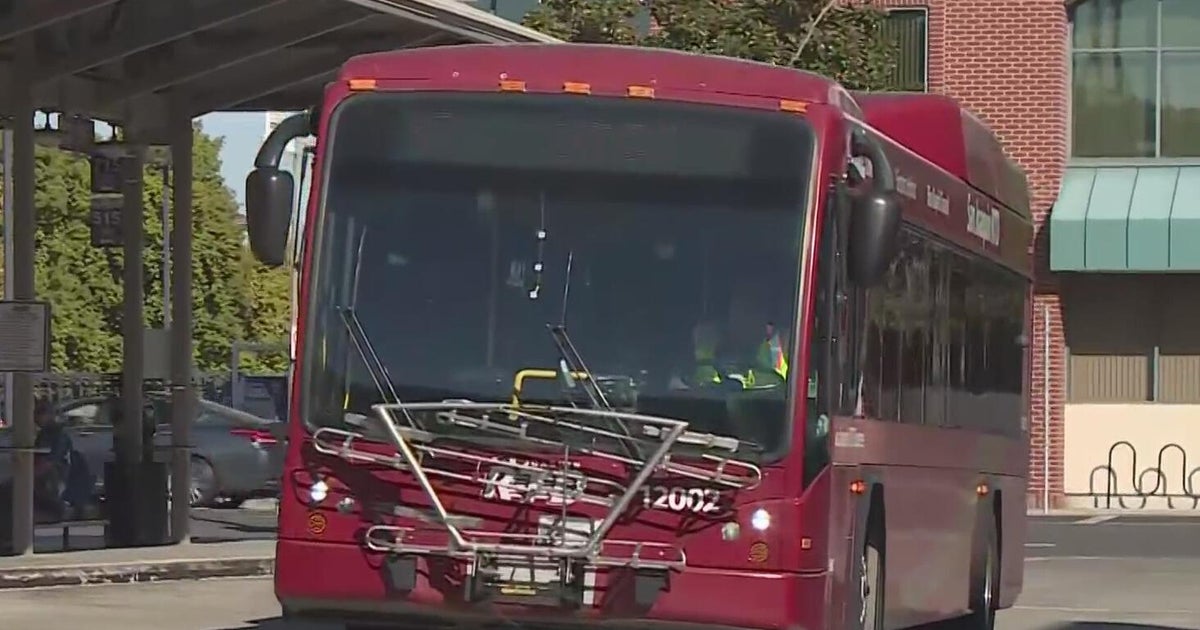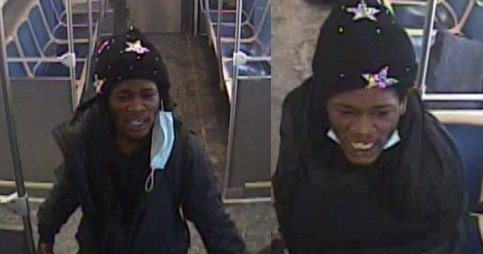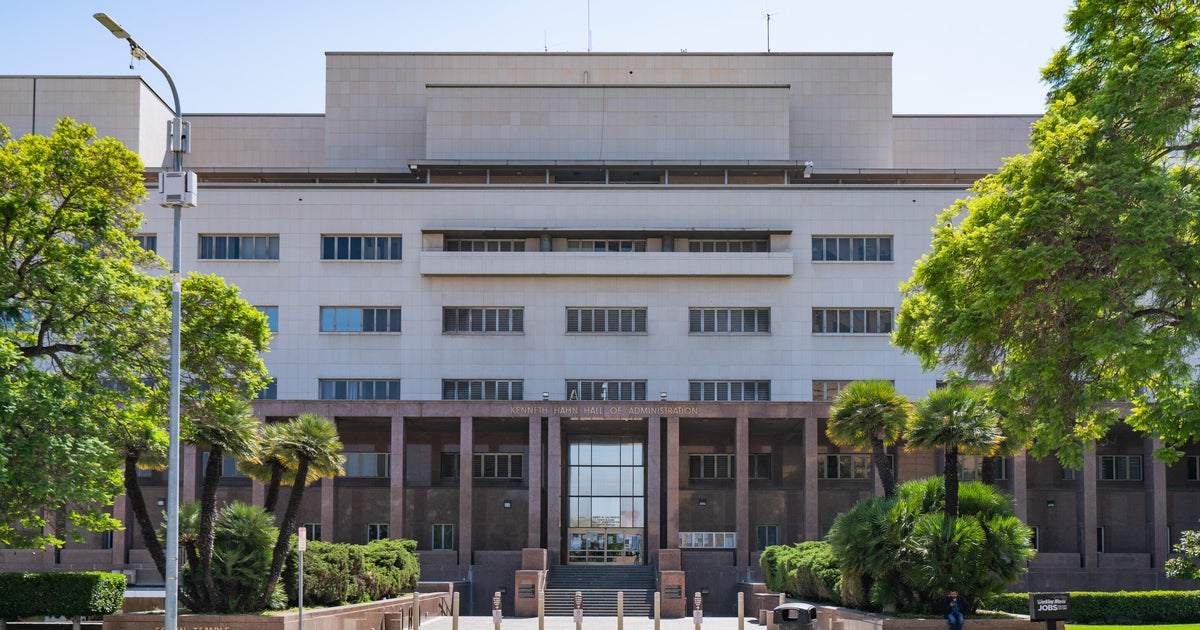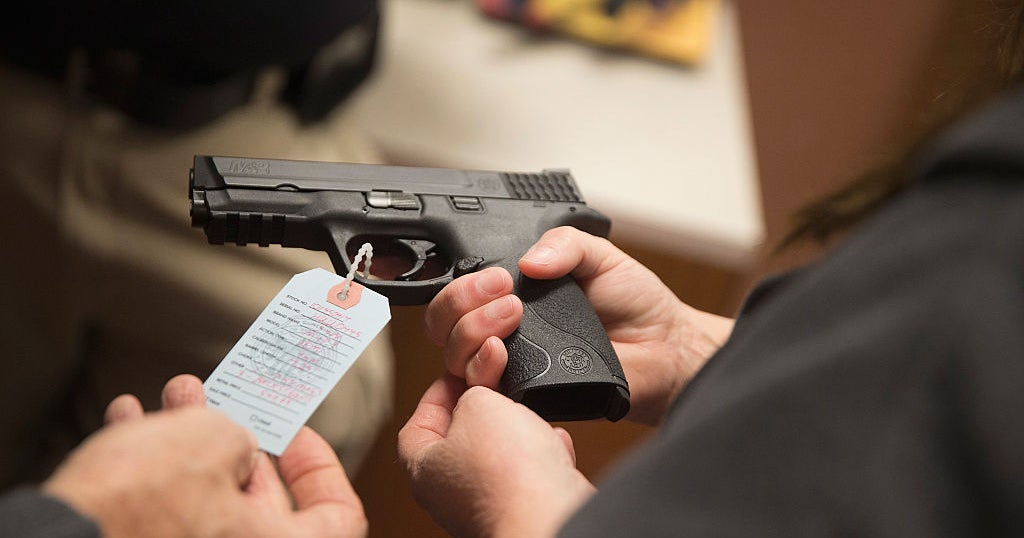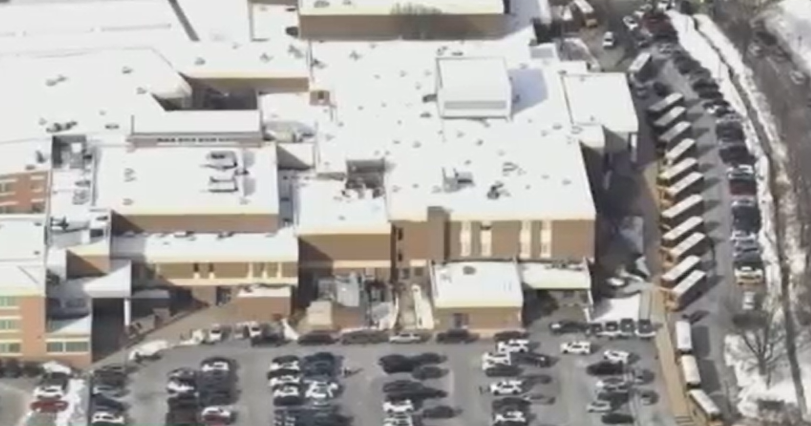NJ TRANSIT Board Approves Fare Hikes
NEWARK, N.J. (CBSNewYork/AP) -- The NJ TRANSIT board of directors has found a way to balance the agency's budget, but commuters will be paying for it.
The board on Wednesday unanimously approved fare increases Wednesday that average about 9 percent for bus and rail riders and will go into effect in October.
Commuters in New Jersey take nearly 1 million trips on the state transit agency's trains, buses and light rail cars each week. NJ TRANSIT officials have said the increases are needed to cover a $60 million budget gap that remained even after the agency cut $40 million internally.
As CBS2's Christine Sloan reported, the decision to increase fares came amid staunch opposition. Public speakers begged the board to leave the fares alone.
"I want you to please think about that single mother, that single father that now has to dig in their pockets a little bit deeper," said union member Earl Hardy.
Commuters said the fare hike is a hardship, and service is not always that great, CBS2's Andrea Grymes reported.
"Almost every single workday, there were several alerts about delays," one woman said.
NJ TRANSIT Board Approves Fare Hikes
"This has to be one of the worst boards I ever saw," added one man. "Please do not be a rubber stamp. Thousands of commuters are relying on you every day."
A Rutgers University student told the board that approving the fare hike will make his life tougher and blamed Gov. Chris Christie, 1010 WINS' Glenn Schuck reported.
"Gov. Chris Christie continues to lead our state from Iowa and New Hampshire while claiming to not raise taxes in New Jersey," he said. "Either I'm a naive college student or Chris Christie needs to freshen up on his textbooks because this fare hike is akin to a tax increase."
NJ TRANSIT Board Approves Fare Hikes
He was not alone in placing the blame on Christie.
"Deliver a message for our governor from me -- all your ignorant decisions on mass transit only solidifies what an arrogant governor you truly are," said union member Martin Haggerty.
Commuters also assailed the increases in online postings and at public forums held by NJ TRANSIT at several locations around the state in May.
"I take the train four days a week, and my ticket already costs me, a monthly, like $130 a month," East Orange resident Francine Smith told Grymes.
Meghan McGil told Grymes she already pays $360 to ride the train each month. "You can pay a car payment for what I pay monthly on a pass."
"It's already overpriced, and it should be going the other way," another commuter named Daniel told 1010 WINS' John Montone.
But board members voted to increase fares by 9 percent anyway. The alternative, according to NJ TRANSIT executive director Ronnie Hakim, is to impose layoffs and leave the transit system unsafe.
"We had difficult choices to make, and ultimately felt that the combination of the fare and the small service adjustments that we were recommending were the only way that we could fill the $56 million gap," Hakim said.
Still, many said the fare hike would just do more damage.
"It's going to take one of the best transit systems in the country and destroy it," said Jeff Tittel of the Sierra Club. "This is a downward spiral."
The proposal includes some service cuts -- to late-night train departures on two lines leaving Hoboken, and on several bus routes in southern New Jersey, including service from Freehold and Philadelphia to Six Flags Great Adventure amusement park in Jackson.
Also eliminated is the overnight 1601 train on the Pascack Valley Line from Hoboken.
Before the vote, board Vice Chairman Bruce Meisel said the agency is not jumping for joy, but considering the alternative of draconian service cuts and layoffs, the board had no other choice, WCBS 880's Marla Diamond reported.
"We really have to operate within the framework of the cards that we've been dealt," he said.
NJ TRANSIT said is held the line on fare increases over the last five years while maintaining high quality service and implementing new customer amenities, Grymes reported.
But costs have gone up -- like for health care and benefits.
Commuters have assailed the increases in online postings and at public forums held by NJ TRANSIT at several locations around the state in May.
But commuters argued that while they deal with fare hikes, the gas tax has never been raised.
"We're going to have to spend money on the transportation," said Anna Maclachlan of South Orange. "Since I don't drive, it's my only option."
But others said they might not even ride the rails at all anymore. Commuter groups said that could mean more cars on the road and more pollution.
An NJ TRANSIT representative said board members do not get paid, and they do not get a free ride on the rails either.
Lawmakers, not surprisingly, are split along party lines when it comes to doling out blame. Democrats fault Christie for not coming up with a new revenue source for the state's $1.6 billion Transportation Trust Fund. Republicans point to the cost of retirement benefits, a source of court battles between Christie and unions, as a major contributor to the transit agency's budget gap.
Some argue that NJ TRANSIT has faced dramatic cuts from the state, but executive director Hakim disputed the claim, saying it has remained stable because the agency is able to make up the difference getting money from clean energy funding.
The hikes are the first since 2010 when fares increased an average of 22 percent. Hakim had said earlier this year that the agency would take pains to ensure any increases didn't reach those levels.
One-way fares between Trenton and New York, the two endpoints of the Northeast Corridor Line, will rise by $1.25 to $16.75, an 8 percent increase. A monthly ticket will increase 9 percent, from $440 to $480.
A one-way ride from Lakewood to New York will go up $1.50 to $19, for example, and a monthly pass will increase by $37, to $448, a 9 percent hike.
(TM and © Copyright 2015 CBS Radio Inc. and its relevant subsidiaries. CBS RADIO and EYE Logo TM and Copyright 2015 CBS Broadcasting Inc. Used under license. All Rights Reserved. This material may not be published, broadcast, rewritten, or redistributed. The Associated Press contributed to this report.)
